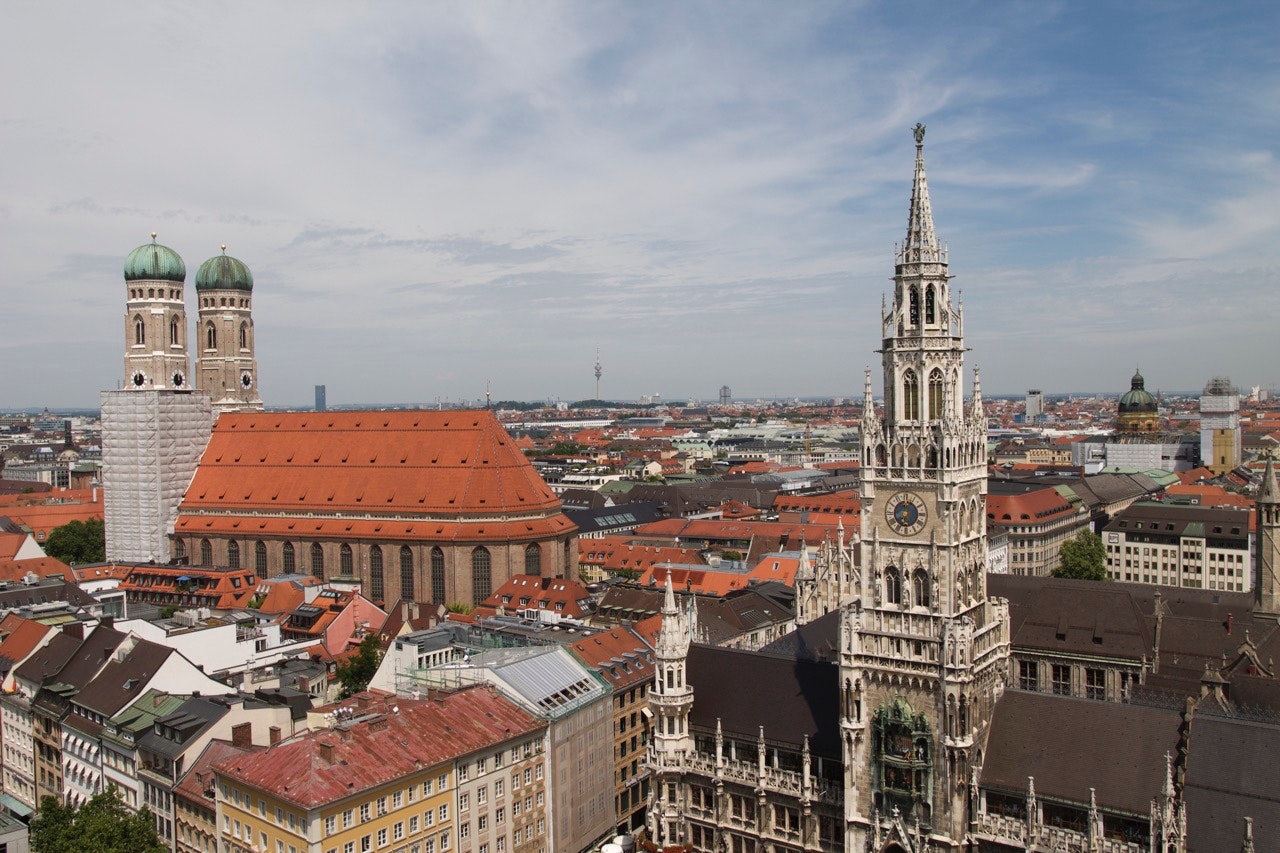Dramatic changes in the political landscape of Bavaria
On October 14th approximately 9.5 million voters were called to the polling stations for the elections for the next Bavarian Landtag (Bavarian state parliament). Bavaria is the largest German state by land area and the second most populous state after North Rhine-Westphalia.
The conservative CSU party had their worst election result since 1950 with 37.2% of the votes down from 47.7% in 2013, losing its absolute majority of seats. Since 1957 all Baviarian prime ministers have been members of the CSU.
The Green Party, Die Grünen, received 17.5% of the vote, an all-time high in Bavaria, up from from 8.6% 5 years ago. In third place with 11.6% came the liberal-conservative Freie Wähler (literally: Free Voters). The far-right Alternative für Deutschland, Alternative for Germany, received 10.2% of the vote. It was the first time the AFD had been on the ballot.
The SPD, social democrats, that had been the second strongest party in Bavaria since World War II (with the exception of 1950 when they actually were teh strongest) lost more than half of it‘s share of the vote compared to 2013 and landed in firth place with 9.7%. With the liberal FDP at 5.1% just above the required 5% to enter parliament, the next Bavarian Landtag will, for the first time ever, consist of 6 parties.
Some observers, like Heribert Prantl, commentator from „Süddeutsche Zeitung“ in Munich, argue that the aggressive anti migrant politics of CSU party leader Horst Seehofer did not help his party in the election.
Others see the reason for the tremendous gain of the Green Party in their ability to focus on their topics: ecology, rent control in big cities, public education. The newspaper Der Tagesspiegel from Berlin identifies the Greens as a new conservative movement in Bavaria.
The big looser in this election are the social democrats, the oldest democratic party in the political arena of Germany. Many voters seem not see anymore what the smaller coalition partner in the federal goverment in Berlin stands for.
The far-right AFD entered the bavarian Landtag for the first time. Its result just above10 percent had been predicted by many. Nonetheless the party didn’t came in second as it had hoped.
With the CSU no longer commanding a majority of seats in parliament, a coaltion government will have to be formed. There is mounting pressure on CSU party leader Horst Seehofer and Prime Minister Markus Söder to make way for a new generation within the party. It is expected that Primer Minister Söder will reach out in the coming days to the third place Freie Wähler party for talks to form a government.
| Media Name | Süddeutsche Zeitung |
| Meaning | South German Newspaper |
| Description | daily newspaper, founded 1945, published in Munich |
| Political alignment | Progressive liberalism, Centre-left |
| Website | www.sueddeutsche.de |
| Wikipedia | Süddeutsche_Zeitung |
| @SZ |
| Media Name | Der Tagesspiegel |
| Meaning | The Daily Mirror |
| Description | daily newspaper, founded 1945, published in Berlin |
| Political alignment | liberal, centre |
| Website | www.tagesspiegel.de |
| Wikipedia | Der_Tagesspiegel |
| @tagesspiegel |
 Bavarian elections
Bavarian elections